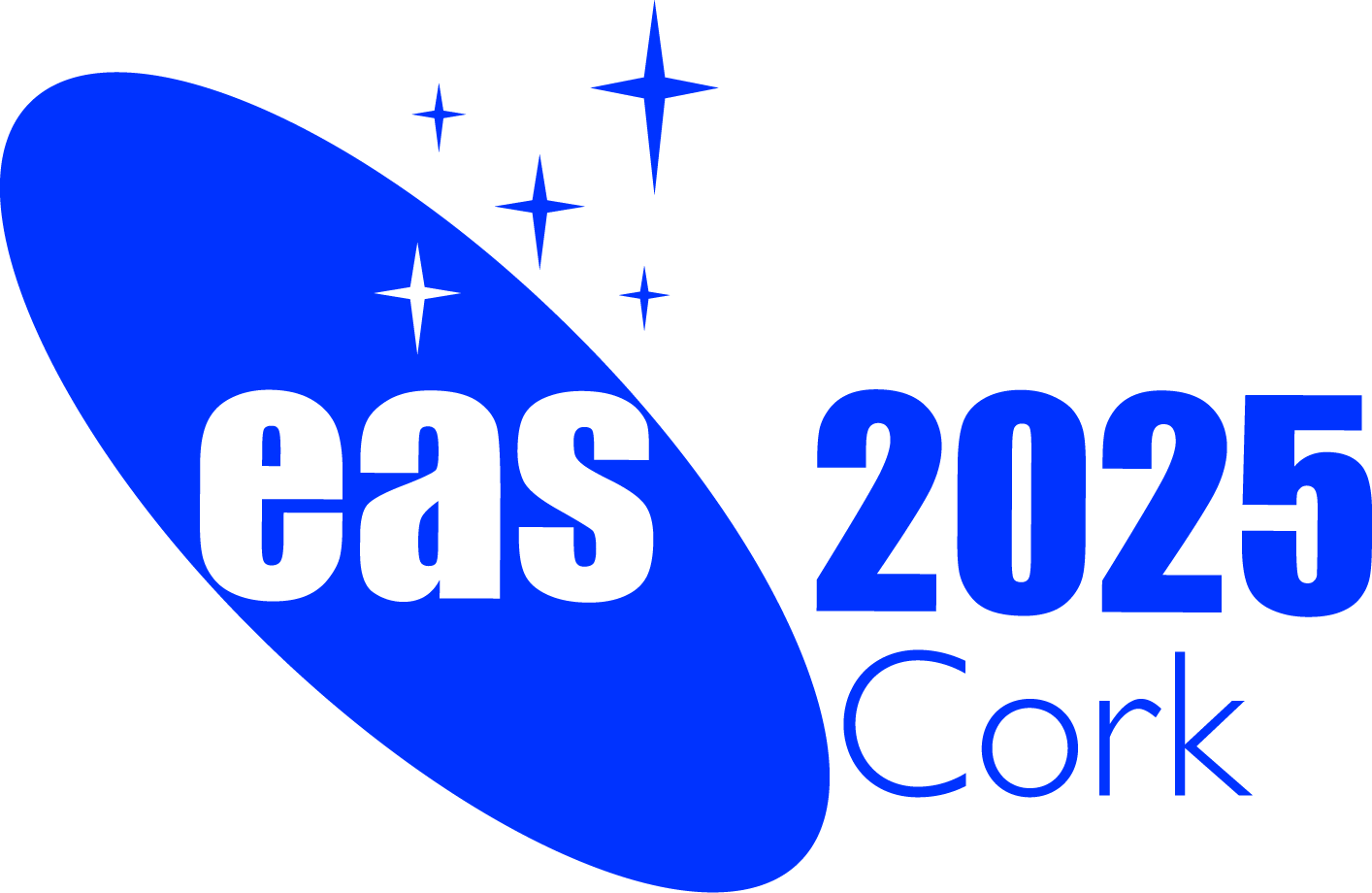
|
European Astronomical Society
|

|
|
|
|
|
|
EAS Job Directory
Find Jobs
| Astronomer - Group Head | Closing date: 2024-12-15
Contact: Evelina Dietmann |
| The Back-end Operations Department (BOD) is responsible for the management of science data from ESO's optical/near-infrared La Silla Paranal Observatory, as part of integrated end-to-end science operations. This includes the scientific and operational development of the ESO Science Archive, the generation of science data products for distribution through it, the collection, verification and archiving of data products from the community, and the scientific oversight of the reduction of ESO data. | | ▸ more | ESO copes with the increasing volume and complexity of the data generated at its facilities by providing its communities with the appropriate tools to process and calibrate it. These tools are, then, routinely used to generate processed data for publication in the ESO Science Archive. They are normally developed in close collaboration with the corresponding instrument-building consortia, to be then taken over and further developed by ESO in consultation with the wider community.
The successful candidate will lead a group responsible for assessing and improving the science quality of processed ESO data, and for generating suitably processed data for the ESO Science Archive. This includes working on any aspect that impacts the quality of processed data, e.g. frequency and nature of the calibrations, and research and development of suitable science data processing algorithms. This may include prototyping, while the production-grade implementation is the responsibility of software engineers in the ESO matrix structure. Duty travels to the ESO sites in Chile and relevant conferences/workshops are foreseen. As a Faculty Astronomer, you will be expected to balance your operational responsibilities with robust research portfolio contributing to the science community both in ESO and more widely.
Main Duties and Responsibilities:
Enhance the quality of processing of ESO raw data by:
-Assessing the quality of existing tools and data, both for direct and archival use.
-Exploring ways to enhance such quality, including processing algorithms and/or observing techniques, and/or calibration schemes.
-Prototyping solutions in commonly used programming/scripting languages, chiefly Python.
-Specifying user requirements and user stories for implementation of the chosen solutions by software engineers.
-Supervising and ensuring the generation of processed data for the ESO Science Archive.
Lead the Science Data Quality Group by:
-Supervising the work of the group members, a mix of Faculty Astronomers and Scientists. This includes assigning tasks to individual group members and performing the annual evaluations according to ESO standards and procedures.
-Coordinating with the reporting line the activities of the group within the ESO goals.
-Providing professional leadership and guidance for the group members, and ensure their alignment with the goals set by the Organisation.
-Acting as Job Manager of the pipeline software development activities.
-Liaising with other organisational units within the Back-end Operations Department, the DMO Division and, ESO at large. As a member of the ESO Astronomy Faculty, you will be encouraged and expected to carry out original research for up to 50% of their time.
Reports to:
The Head of the Back-end Operations Department.
Key Competences and Experience:
Essential Competences and Experience
-Experience with observations on a wide range of different telescopes and instruments, and the quality control of such observations.
-Hands-on experience with astronomical data processing and algorithms for a wide range of different data types. This includes a good understanding of limitations and trade-offs of methods.
-Practical understanding of the design of data reduction software and pipelines and their application for the needs of the science community.
-In depth knowledge of numerical and statistical methods as applied to astronomical data reduction.
-Excellent understanding of the user community of astronomical data, and of their needs in terms of raw and processed data.
-Strong cooperative skills to interface with other organisational units/teams.
-Critical thinking/problem solving skills.
-Excellent interpersonal, organization and communication skills.
-Demonstrable emotional intelligence in leading teams.
-Evidence of effectively developing a team through such techniques as coaching.
-Inclusiveness in dealing with people in a multicultural work environment.
Desirable Competences and Experience:
-Familiarity with ESO data and processing tools, mainly the pipelines and EDPS.
-Familiarity with the ESO Science Archive and other relevant astronomical data repositories/archives.
-Good understanding of software architecture and experience in working with software engineers to provide requirements for astronomical software projects.
-Experience with prototyping of astronomical algorithms in programming languages widely used in the astronomical community, e.g. Python.
-Familiarity with the common Python packages relevant to astronomy (astropy, numpy, matplotlib, pandas).
-Experience with graphical user interfaces for astronomy software.
-Experience with relevant Machine Learning algorithms, ideally applied to astronomy.
-Previous record in supervisory positions.
Qualifications:
PhD in Astronomy/Astrophysics, Physics or equivalent. An established track record of astronomical research and publication.
Language skills:
The position requires an excellent command of written and spoken English.
Application:
If you are interested in working in areas of frontline science and technology and in a stimulating international environment, please visit http://www.eso.org for further details.
Applicants are invited to apply online at http://jobs.eso.org/. Applications must be completed in English and should include a motivation letter, a CV, a publication list and a full research statement. Within your CV, please provide the names and contact details of three persons familiar with your work and willing to provide a recommendation letter upon request. Referees will not be contacted without your prior consent.
Deadline for applications is 15 December 2024.
Interviews are expected to start soon after this date.
|
More resources
Links to other job lists
|

